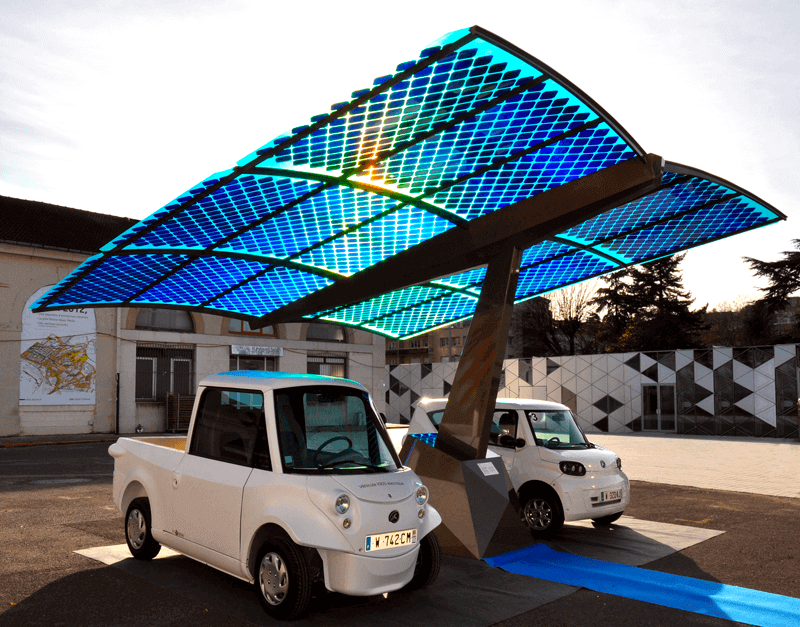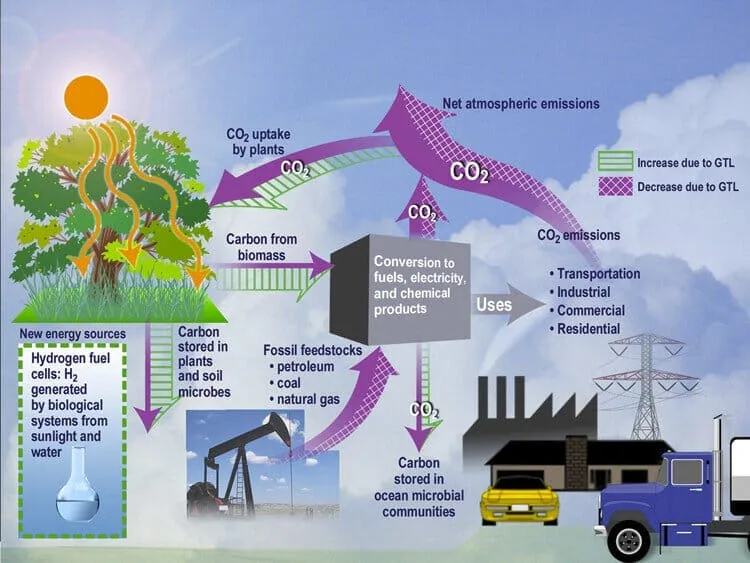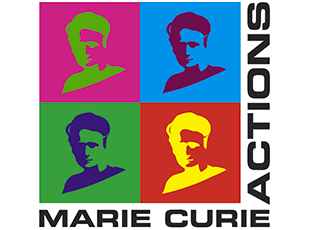Microfluidic photochemistry: Phototrain
While there is currently a need to move human technologies into a sustainable future, eight European organizations from France, Italy, Spain, the UK, and Belgium and one institution from Israel will unite around the PHOTOTRAIN Project and study how photochemistry could lead us to this sustainability.
The main goal of the PHOTOTRAIN Project is to develop light-fuelled processes thanks to a microfluidic device.
This project is completed now. If interested, feel free to contact us.
A hope of sustainable solutions for the future: introduction

Today, light can provide valuable and sustainable alternatives to help us temper climate change and meet energy demands by providing energy and reducing energy consumption.
For instance, new materials are being developed to collect solar energy.
Furthermore, solar lighting (lamps that recharge during the day thanks to solar energy) has proved its efficiency in developing countries, giving a light source after nightfall to people who don’t have access to electricity.
Now, it is commonly admitted that the 21st century will depend as much on light energy as the 20th century depended on electronics. This is the reason why the PHOTOTRAIN Project focuses on photochemistry and its applications.

Photochemistry and microfluidics: project description
The main goal of the Phototrain project is to transform light-fuelled processes from a proof-of-principle to an exploitable process. To achieve this goal, they will use fundamental concepts in supramolecular chemistry and photochemistry to build functional photoactive interfaces that can be implemented to produce scalable and sustainable quantities of products.
Indeed, they will have to discover and implement new principles in photoinduced energy transfer and charge separation to enable the development of exploitable catalytic technologies based on versatile, robust, and low-cost microfluidic devices.
We hope this project will help us make our way to a sustainable future where photochemistry enables us to use light as a fuel in multiple and different areas.
This project has received funding from the European Union’s Horizon 2020 research and innovation programme under the Marie Sklodowska-Curie grant agreement No 722591 (PhotoTrain project)
Researcher

Alexander Mc MILLAN, PhD
- Division Business Manager – Darwin Microfluidics
- Master of Engineering – Mechanical & Electrical Engineering, Edinburgh (Scotland)
Areas of expertise:
Data analysis, Microfluidics, Computer-Aided-Design (CAD)


